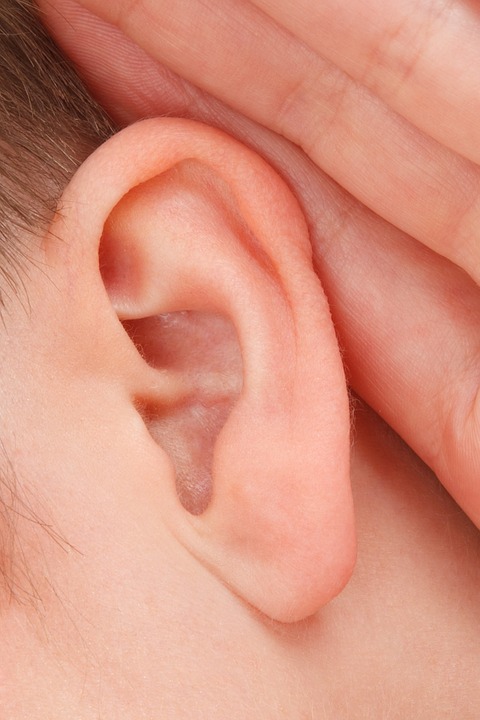How Dementia and Hearing Loss Can Go Hand in Hand
As noted in a study carried out by Johns Hopkins University, hearing loss of any level increases an individual’s chances of developing dementia. Even mild hearing impairment can as much as double dementia risk. Moderate hearing impairment increases the risk of dementia by a factor of three, and people suffering from severe hearing impairment are five times more likely to suffer from dementia later in life.
Based on what we know of the connection between the ear and the brain, this is unsurprising. In another study released by Johns Hopkins Medicine, researchers concluded that hearing loss may also cause the brain to atrophy. Because the auditory centers of the brain are being engaged less frequently, these areas of the brain experience pronounced shrinkage and tissue loss.
This is in addition to the mental stressors caused by balance issues and reduced awareness of one’s surroundings. When you’re hearing-impaired, your brain tends to work overtime to help you understand what’s happening around you, draining your energy and leaving you with reduced mental bandwidth for other essential tasks like memory, speech, and thought. Although this isn’t a direct link, these factors can most certainly worsen the presentation of conditions like Alzheimer’s Disease.
Social isolation may also play a part here. As one’s hearing loss worsens, they may begin to feel disconnected or cut off from the world, including their friends and loved ones. They may begin to feel embarrassed by their condition and worry that they’re a burden on the people around them.
This may, in turn, lead them to withdraw from activities and social gatherings. Given that in order to function effectively, the brain requires at least some social stimulation, that level of isolation can further worsen cognitive decline. And that’s not even going into the toll that anxiety and depression can take on one’s mental well-being,
Can Any of This Be Prevented?
The short answer? No. Once cognitive decline has begun, it’s usually impossible to reverse — at best, you can ease or slow its progression.
That said, you can at least reduce one of the associated risk factors simply by taking proper care of your ears. Use proper ear protection in loud environments, schedule annual hearing tests, and seek treatment immediately if you notice any balance changes or hearing impairment. And if your hearing loss proves unavoidable, it’s advisable to look into hearing aids or cochlear implants.
Aside from that, the best you can do is take care of yourself. Eat well and avoid cholesterol-heavy and sugar-laden foods when possible. Avoid excessive smoking or alcohol use, and make sure you’re getting a good night’s sleep each evening.
Most importantly, remember that, even in these difficult times, you are not alone. Don’t allow your condition, whether hearing impairment or cognitive decline, to force you into isolation. You have people who care about you.
Let them.
About the Author:
Pauline Dinnauer is the VP of Audiological Care at Connect Hearing, which provides industry-leading hearing loss, hearing testing, and hearing aid consultation across the US.




